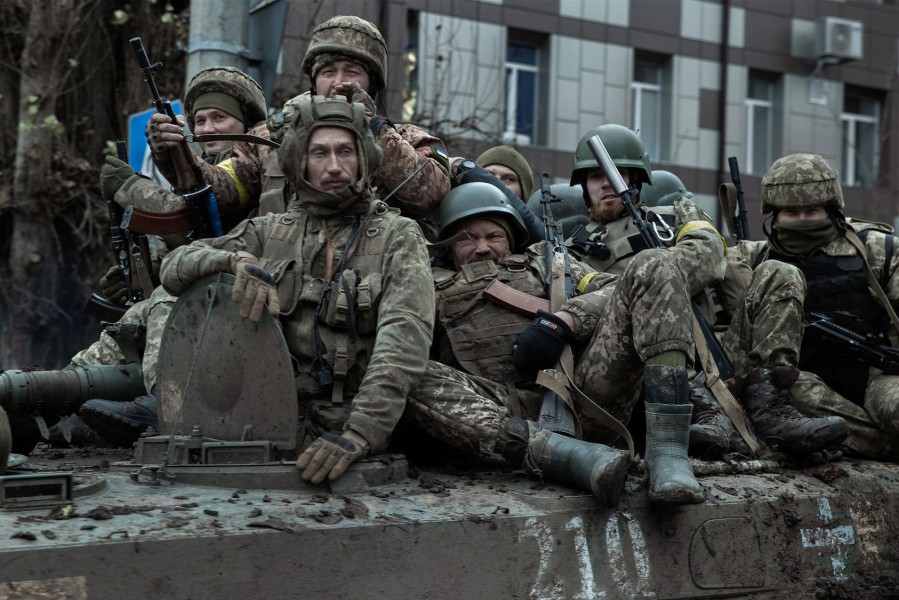Deprecated: Creation of dynamic property ET_Builder_Module_Comments::$et_pb_unique_comments_module_class is deprecated in /home4/readynow/public_html/wp-content/themes/Divi/includes/builder/class-et-builder-element.php on line 1425
Ukraine War Rocks Global Supply Chains
Consider some of the headlines global executives have seen in the past year:
- “Ukraine crisis threatens global supply chains” – Financial Times, April 2022
- “Ukraine war adds to global steel industry’s worries” – Reuters, March 2022
- “Ukraine crisis rattles automotive supply chains” – Automotive News Europe, February 2022
- “Ukraine conflict disrupts grain supply chains” – World Grain, January 2022
- “The Ukraine conflict’s toll on the world’s food supply chain” – Bloomberg, November 2021
- “Ukraine conflict raises risks for European companies’ supply chains” – Financial Times, October 2021
- “The Ukraine crisis is affecting businesses and supply chains in Europe and beyond” – World Economic Forum, September 2021
These headlines reflect the ongoing impact of the Ukraine war on global supply chains, with particular attention to transportation, manufacturing, and agricultural disruptions. They also highlight the political and economic risks associated with the conflict, which have led to increased scrutiny of supply chain partners and the need for careful risk management strategies.
The ongoing conflict in Ukraine has had various impacts on global supply chains, particularly in the manufacturing and transportation sectors. Here are some ways in which the conflict has influenced supply chains:
- Disruption to transportation routes: The conflict has caused disruptions to transportation routes, particularly those passing through the eastern regions of Ukraine. These disruptions have caused delays and increased transportation costs for goods traveling through the region.
- Increased costs of raw materials: Ukraine is a major producer of steel, and the conflict has affected the global supply of steel and other raw materials. As a result, manufacturers who rely on Ukrainian steel have had to pay higher prices or seek alternative sources of raw materials.
- Shifting production locations: Some manufacturers have moved production facilities out of Ukraine to avoid the conflict and its impact on their supply chains. This has led to increased costs and disruptions in their supply chains as they establish new production facilities in other countries.
- Political risk: The conflict has also increased political risk for companies operating in Ukraine or doing business with Ukrainian partners. This has led to increased scrutiny of supply chain partners and more careful risk management strategies.
- Trade sanctions: Some countries have imposed trade sanctions on Russia, which has significantly impacted the region’s trade flows and supply chains. These sanctions have disrupted supply chains and increased costs for companies operating in the affected countries.
Ukraine’s conflict has significantly impacted global supply chains, particularly in the manufacturing and transportation sectors. While some companies have been able to adapt to these challenges, others have experienced significant disruptions and increased costs as a result of the conflict.
The responsibility of government leaders and corporate executives are responsible for staying current with these trends with a sharp focus on operational resiliency strategies with continuity experts.
To learn more on how ReadyGlobal can help, watch our video or contact us anytime at ReadyGlobal.


0 Comments